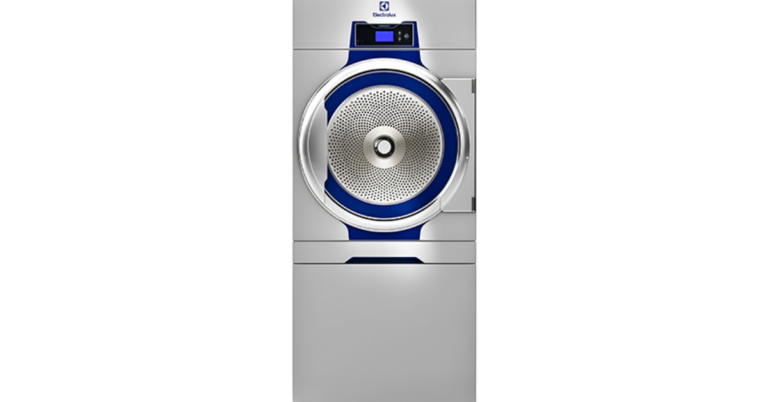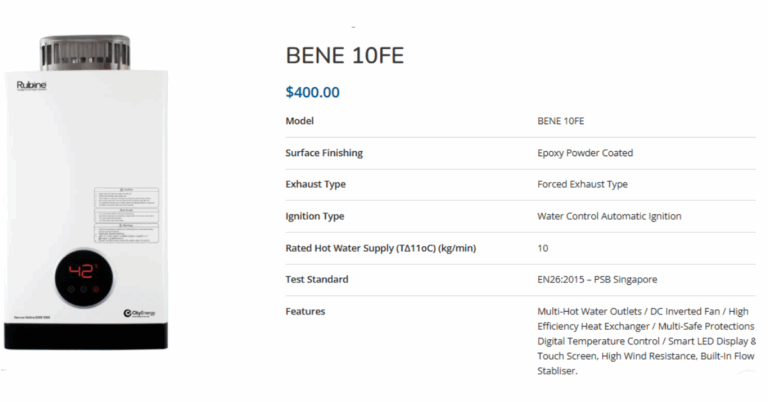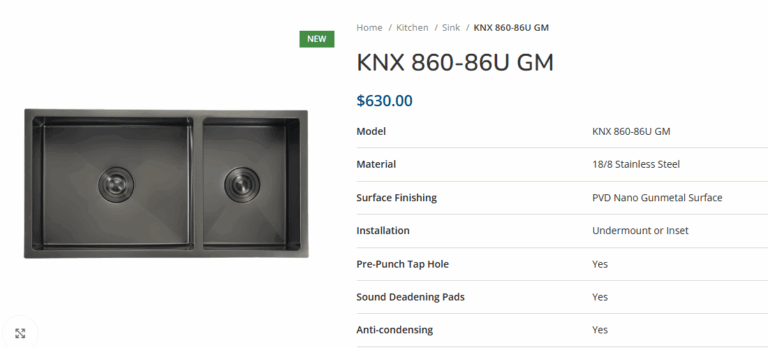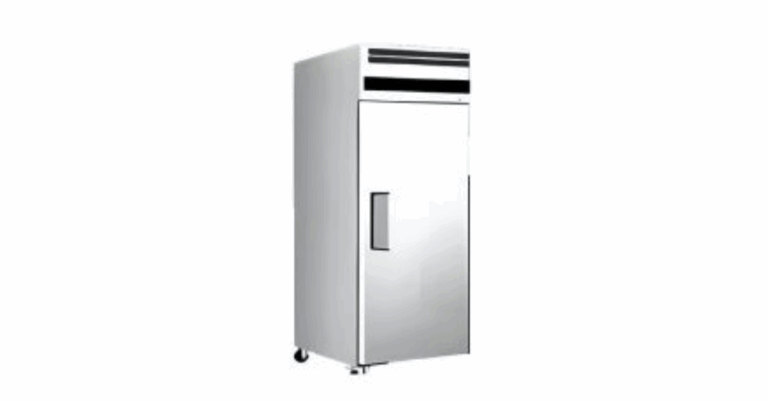Can a 50Hz Fridge Operate on a 60Hz Power Supply? Key Considerations for Compatibility and Long-Term Performance
When selecting refrigeration equipment for specific environments—particularly marine vessels, cruise ships, industrial facilities, or homes with imported appliances—ensuring compatibility with the available electrical power system is essential. A frequently asked question is: Can a refrigerator built for 50hz fridge on 60hz This is not only a technical consideration but also a matter of long-term reliability, energy efficiency, and cost savings.
In this article, we explore the technical implications, real-world applications, and expert tips for using a 50Hz fridge on a 60Hz system, helping you make informed decisions.
Understanding Power Frequency: Why It Matters for Fridges
Electric power frequency, measured in Hertz (Hz), refers to the number of cycles per second in alternating current (AC). Most countries operate either on 50Hz or 60Hz:
-
50Hz Regions: Europe, most of Asia, Africa, and Australia
-
60Hz Regions: North America, parts of South America, and select areas in Asia
Most modern refrigerators are designed to run at specific frequencies, and while voltage is more commonly discussed, frequency plays a crucial role in motor-driven appliances like refrigerators.
Can a 50Hz Fridge Run on 60Hz Power?
The short answer: Yes, but with caveats. A refrigerator built for 50Hz can generally run on a 60Hz supply, provided the voltage is also compatible. However, doing so may affect its performance, efficiency, and lifespan due to differences in how the compressor motor operates.
Key Impacts of Frequency Mismatch
-
Increased Compressor Motor Speed
The compressor motor’s speed is directly related to the frequency of the power supply. When connected to 60Hz power, the motor in a 50Hz refrigerator may run approximately 20% faster than intended. This higher speed can lead to:-
Faster wear and tear on internal components
-
Reduced lubrication efficiency
-
Increased vibration and operational noise
-
-
Cooling Cycle Disruption
The change in compressor speed may disrupt the designed cooling cycles, potentially causing:-
Inconsistent interior temperatures
-
Frost buildup in non-frost-free models
-
Reduced overall cooling performance over time
-
-
Excessive Heat Generation
A motor running faster may generate more heat, particularly in components like the compressor, condenser coils, and internal wiring. This added thermal stress can degrade insulation and electronic controls over time.
Important Checks Before Plugging In
Before using a 50Hz refrigerator on a 60Hz power supply, consider the following critical factors:
1. Voltage Compatibility
Voltage and frequency must both be compatible with the fridge’s rating. For example, if your 50Hz fridge is rated for 220V, ensure your 60Hz power source also supplies 220V. If the voltage does not match, you risk:
-
Component failure
-
Electrical fires
-
Permanent appliance damage
2. Check the Manufacturer’s Guidelines
Refer to the product manual or contact the manufacturer. Some appliances are designed to tolerate minor frequency differences and will indicate compatibility such as “50/60Hz” on the label. If dual-frequency support is explicitly stated, you’re likely safe.
3. Use a Frequency Converter or Transformer
If your fridge is not designed to run on a different frequency, a frequency converter can be used to safely operate the appliance. These devices adjust both voltage and frequency to suit the equipment, ensuring:
-
Stable and safe operation
-
Long-term protection from wear
-
Compliance with appliance warranties
Real-World Applications: Marine and Cruise Ship Environments
Onboard electrical systems on ships and cruise liners often vary in both frequency and voltage, especially when docking in different countries. In these dynamic environments, having dual-frequency refrigerators becomes crucial.
Specialized suppliers such as Royal Light LLC offer refrigeration solutions tailored to marine environments, including units built for 50Hz/60Hz dual compatibility. These products are specifically engineered to perform reliably under fluctuating electrical conditions—ideal for maritime applications, oil rigs, and offshore platforms.
Tips to Protect Your 50Hz Fridge When Using 60Hz Power
To extend the lifespan of your refrigerator and ensure safe usage under frequency mismatches, follow these best practices:
✅ Routine Maintenance
Schedule regular inspections of the compressor, condenser, and electrical circuits. Look for signs of overheating, wear, or vibration damage.
✅ Install Surge Protectors or Voltage Regulators
Sudden power spikes can severely damage appliances. A surge protector or automatic voltage regulator can shield your fridge from unstable power inputs.
✅ Invest in Energy-Efficient Models
Modern refrigerators with inverter compressors or brushless motors are more tolerant of frequency changes and may consume less energy even when operated outside their default frequency.
✅ Monitor Temperature and Performance
Use an internal fridge thermometer to ensure consistent cooling performance. If temperature stability is compromised, it may be a sign the fridge is struggling on the 60Hz supply.
✅ Use Heavy-Duty Components
If modifying or repairing your refrigerator, choose durable, heat-resistant parts that can endure slightly higher operational stress from a frequency change.
Final Thoughts: Is It Worth Running a 50Hz Fridge on 60Hz Power?
Yes—but only if voltage is compatible, the manufacturer allows it, and you take the necessary precautions. For long-term and mission-critical use, especially in marine, industrial, or hospitality settings, it’s best to invest in a dual-frequency refrigerator designed for such variations.
Whether you’re managing onboard galley equipment or sourcing appliances for international deployment, frequency compatibility should never be overlooked. With the right planning and proper equipment—like those provided by Royal Light LLC—you can ensure reliable refrigeration no matter the power source.







